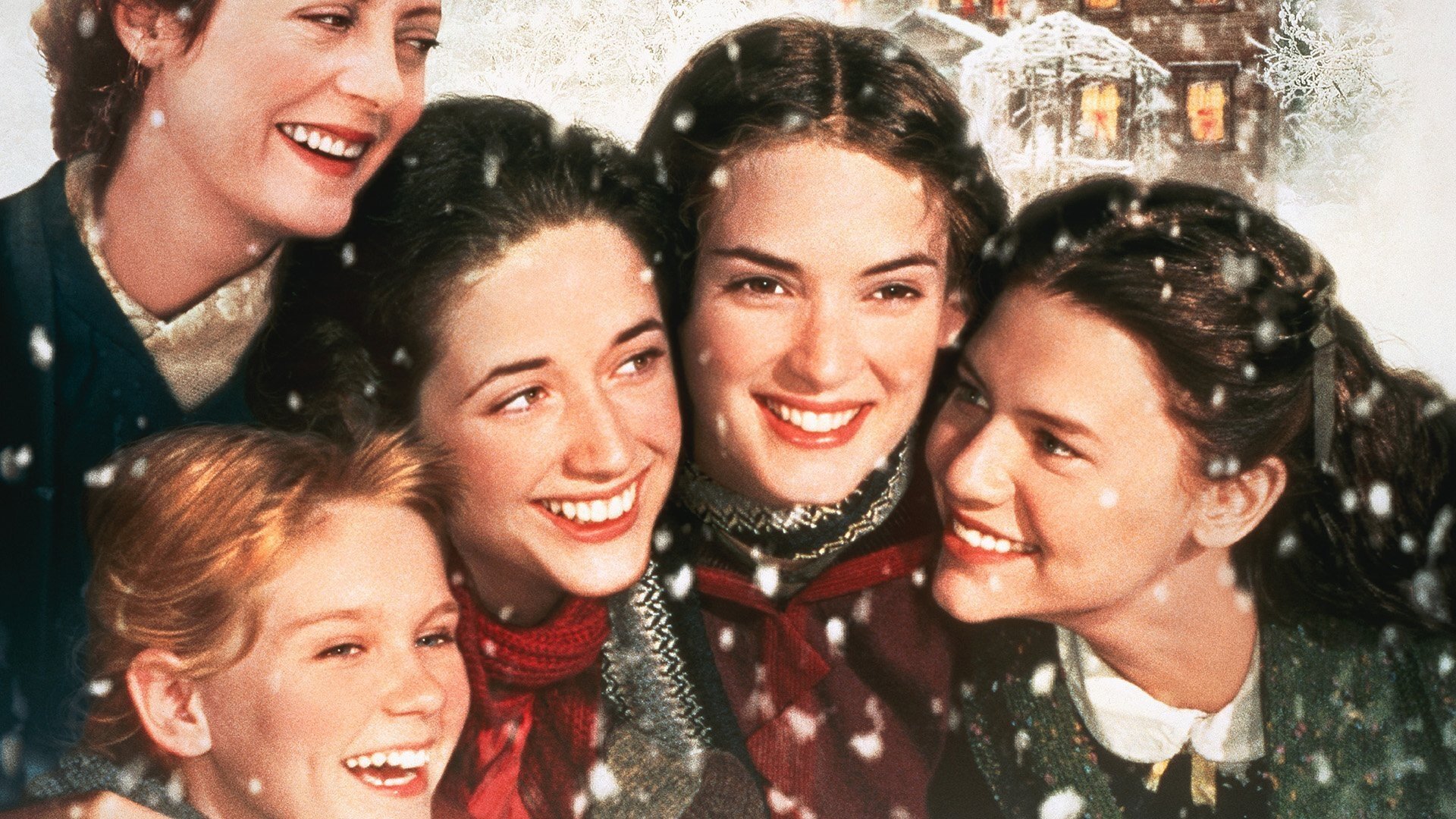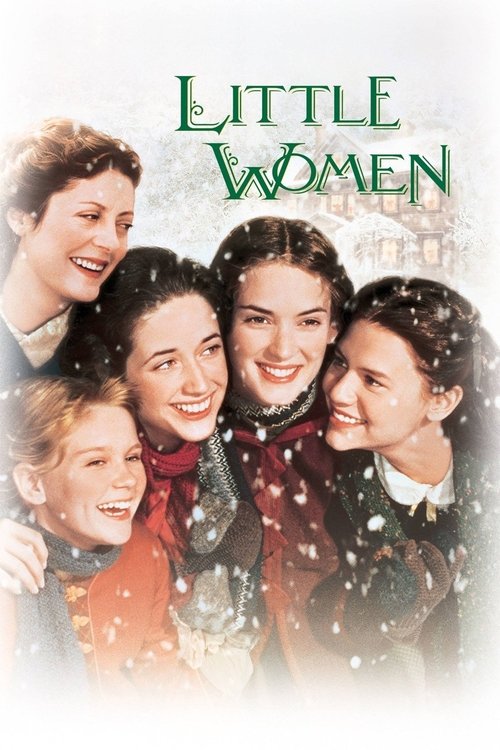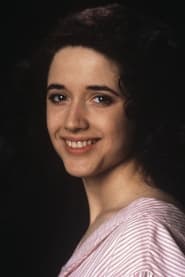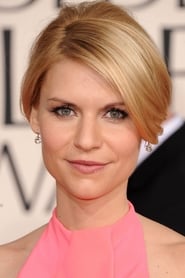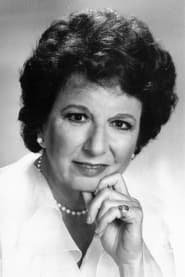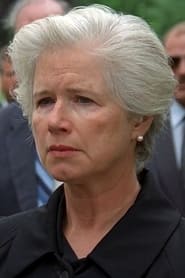Cast
View AllWinona Ryder
as Jo March
Trini Alvarado
as Meg March
Samantha Mathis
as Older Amy March
Kirsten Dunst
as Younger Amy March
Claire Danes
as Beth March
Christian Bale
as Laurie
Susan Sarandon
as Mrs. March
Gabriel Byrne
as Friedrich Bhaer
Eric Stoltz
as John Brooke
John Neville
as Mr. Laurence
Mary Wickes
as Aunt March
Florence Paterson
as Hannah
Robin Collins
as Carriage Boy
Corrie Clark
as Belle Gardiner
Rebecca Toolan
as Mrs. Gardiner
Crew
Director
- Gillian Armstrong
Producer
- Denise Di Novi
Reviews
Wuchak
***“Time erodes beauty, but what it cannot diminish is the wonderful workings of your mind"***
Based on Louisa May Alcott’s classic 1868 novel, “Little Women” details the coming-of-age years of four sisters from 1862-1868, covering most of the Civil War and a few years afterward.
I love the rustic New England ambiance, especially the wintery parts, but the story curiously isn’t as compelling as the classic 1933 version with Katharine Hepburn, at least as I REMEMBER it being. Thankfully, things perk up in the second half when the forceful Jo (Winona Ryder) goes to New York City and develops a friendship with an amicable, but much older scholar (Gabriel Byrne). The ending is heartwarming.
It’s interesting seeing all these actors when they were younger: Trini Alvarado as the oldest sister Meg, who’s interested in a tutor that works next door (Eric Stoltz); Claire Danes as the sickly Beth; and Kirsten Dunst & Samantha Mathis as Amy, younger and older. Christian Bale plays the neighbor, Laurie, who becomes an honorary brother that loves the March family so much he desperately wants to be part of it. Meanwhile Susan Sarandon is on hand as the mother.
The film runs 1 hour, 55 minutes and was shot in British Columbia and Deerfield, Massachusetts. While the movie opened rather weakly at the box office during Christmas, 1994, it went on to become a surprise success.
GRADE: C+/B-
Dec 3, 2018
Filipe Manuel Neto
**A tired and uninspired adaptation of a super famous novel.**
This film is yet another film adaptation of the famous novel of the same name by Louisa May Alcott, one of those classic books that is constantly being adapted and reread almost permanently. Therefore, I believe that even those who have never read the original book – like me, I admit – know the story at a minimum, which focuses on the difficulties and domestic troubles of a middle-class family in the North of the USA during the traumatic years of the US Civil War. With the family patriarch absent on the battlefield, it is up to his wife to be the support of the house, where she lives with four very different daughters.
The script really doesn't need any major introductions. Having not read the original book, I do not, however, feel like the best person to comment on the quality of the adaptation of this material, and I will limit myself to talking exclusively about what I saw in the film. And what I saw is moderately good. It's not an incredible film, it's not the best adaptation I've ever seen, it's not a flawless period film, but it's a good piece of entertainment that's perfectly suited to watching with the whole family on a weekend evening. And although the film is a few years old – it was released in 1994 – it hasn't aged a single day and remains as fresh and enjoyable today as it was thirty years ago.
The cast is undoubtedly one of the film's strongest points. Susan Sarandon is a safe and solid bet to bring Mrs. March to life. She is unlikely to be the favorite actress of a legion of fans and is reasonably discreet, but she has talent, ability and knows very well how to embody these strong, dignified and mature characters. Winona Ryder, who at this time was experiencing the height of her artistic career, is also excellent in the role of Jo. Claire Danes and Samantha Mathis were quite young, but they showed enormous willpower and talent in this work. Trini Alvarado is the most discreet of the quartet of sisters, but she does what is necessary to extricate herself from the task at hand. Kirsten Dunst played a minor but relevant role, and it would be unfair not to mention the solid and positive contributions of Gabriel Byrne and Christian Bale in the main male roles.
However, this film has a huge problem: it is absurdly lukewarm and soapy. It's not a film that stays in our mind for hours and hours after we've finished watching it, it's a film that we watch, we moderately like, and, a few hours later, it's already forgotten. The cinematography, editing and soundtrack are completely standard, with no surprises or clear investment on the part of the production. The recreation of the historical period is inaccurate to say the least, being full of factual errors, incorrect props, anachronistic costumes and hairstyles. The production simply didn't bother hiring some kind of serious historical consultant and was satisfied with a theatrical look at what the Civil War period could be like. Also, the dialogue and attitudes of the cast do not correspond to what would be expected from people of that time. Another serious problem with the film is Gillian Armstrong, a completely uninspired director who gives us a tired and slightly sad vision of Alcott's novel. It is therefore understandable that almost no one remembers this film nowadays. It's not really worth it... only for fans of the actresses or actors in the cast, and even they all had better works, before or after.
Feb 10, 2024
ekaari
Moderately faithful to the books, this movie does well to maintain the magic in a 90s cinematography capsule. It has excellent casting and hosts very strong performances from all.
A lovely piece of media.
Jun 10, 2024
Thematic Analysis
As a dramatic work, Little Women examines complex human relationships and emotional struggles against the backdrop of a period setting that reflects societal issues of its time. The character development particularly stands out, offering viewers a chance to reflect on their own life journeys.
Director Gillian Armstrong brings their distinctive visual style to this film, continuing their exploration of themes seen in their previous works while adding new elements. Their approach to character development and emotional depth creates a viewing experience that rewards close attention.
Released in 1994, the film exists within a cultural context that now offers viewers historical perspective on the social issues of that era. Its critical acclaim reflects its artistic achievements and its place in cinema history.
Did You Know?
- The production of Little Women took approximately 32 months from pre-production to final cut.
- With a budget of $18.0 million, the film proved to be a financial success, earning back its investment and more.
- The final cut of the film runs for 119 minutes, though the director's initial assembly was reportedly 162 minutes long.
- The musical score contains over 62 unique compositions.
- The screenplay went through 8 major revisions before the final shooting script was approved.
- The cast underwent specialized training for 3 weeks before filming began.
Historical Context
- In 1994, when this film was released:
- Globalization was accelerating economic and cultural exchange.
- The internet was beginning to transform communication and information access.
- Independent cinema was growing in influence, challenging the dominance of major studios.
How This Film Stands Out
While Little Women shares thematic elements with other films in its genre, it distinguishes itself through its unique approach to storytelling, visual style, and character development.
Unlike RV, which focuses more on action than character development, Little Women subverts genre expectations by exploring its themes with greater nuance.
While films like A Walk in the Clouds and Charly explore similar territory, Little Women stands apart through its deeper exploration of its central themes and more complex characterization.
This film's unique contribution to cinema lies in its bold artistic choices and willingness to challenge viewer expectations, making it a valuable addition to its genre.
Details
- Release Date: December 21, 1994
- Runtime: 1h 59m
- Budget: $18,000,000
- Revenue: $50,083,616
Where to Watch


